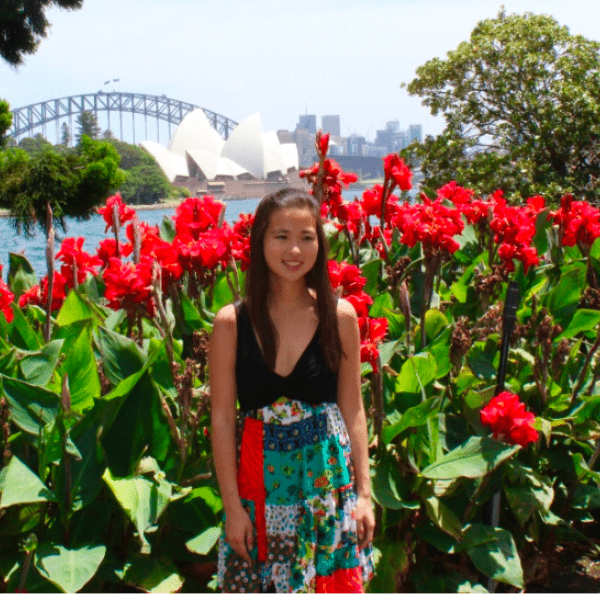Image

-
Leah Davidson
Penn Program in Environmental Humanities
- 30 Under 30
- 2017
- Changemaker Grantee
Bay Area, CA, United States
2020 EE 30 Under 30 Changemaker Grant Project
Environmental Escape Room Games - Making EE Fun
The project aims to make climate change education fun through immersive environmental education in the Bay Area of California, including a hands-on exhibit and game-style workshops where children can physically experience with all their senses. An interactive escape room (a cross between game, puzzle, and science museum) will allow children to work in teams to solve challenges related to the carbon cycle and their carbon footprint. Next, a series of interactive games with easy-to-find materials will be developed and shared to help schools and parents easily integrate environmental education into daily activities. The project will also pilot workshops in 10 schools, develop an open-source curriculum, and build a permanent environment-themed escape room with free admission for low-income schools and youth programs, all with the goal of improving students’ knowledge of global warming and empowering them with the tools and confidence to lower their carbon impact.
**********
EE 30 Under 30 Biography
Leah Davidson is a young Canadian social entrepreneur passionate about innovative and immersive approaches to environmental education. In high school, she received a scholarship to travel to Antarctica on an educational expedition with Students on Ice. Inspired by the beauty and fragility of this remote ecosystem, Leah collected art, poetry, and creative writing from the students and staff on the expedition and published the first youth anthology focused on Antarctica, which is now used as an educational resource by the International Polar Foundation.
Her efforts in youth environmental education have tried to make the study of conservation more interdisciplinary and integrated with psychology, art, and human emotion. Since people have many different learning styles, Leah believes sustainability should reflect a variety of interests and teaching methods. Leah started speaking in schools and delivered over 50 environmental presentations to audiences as diverse as retirement homes, kindergarten classes, TEDx, and the Montreal Science Center. As a student at the University of Pennsylvania, she worked with 30 schools to integrate climate change into their curricula and partnered with 15 green business to launch Act for Antarctica, a campaign that encouraged students to pay it forward with conservation and environmental education projects. This resulted in over 1000 acts across five continents submitted over the course of a year. Participating schools hosted Lights Out awareness days, started recycling clubs, held documentary screenings, and created environmental art exhibits.
In university, Leah co-founded the Penn Program in Environmental Humanities (PPEH), an interdisciplinary research and academic program bridging art and sustainability that has led to an academic minor, graduate certificate, tenure-track faculty hires, annual research fellowships, an artist-in-residence program, and curated community events, such as a Faith and Environmentalism Conference. This program has raised over $1.5 million, most recently from a Mellon Center grant. Leah continues to work on changing the way that climate change is communicated to be more constructive and hopeful. She has served different UN agencies: as a writer/blogger on climate change and environment for UNICEF and as a delegate/speaker at the UNESCO World Conference on Education for Sustainable Development (ESD) in Japan, where she co-drafted a policy statement distributed to UNESCO Commissions worldwide. Most recently, her adventures took her to Denmark, where she participated in UNLEASH, a Global Innovation Lab for the Sustainable Development Goals, working on Sustainable Consumption and Production solutions. Leah hopes to further develop the emerging discipline of the environmental humanities and reach people through new media, digital technologies, and a message of love for the natural world.